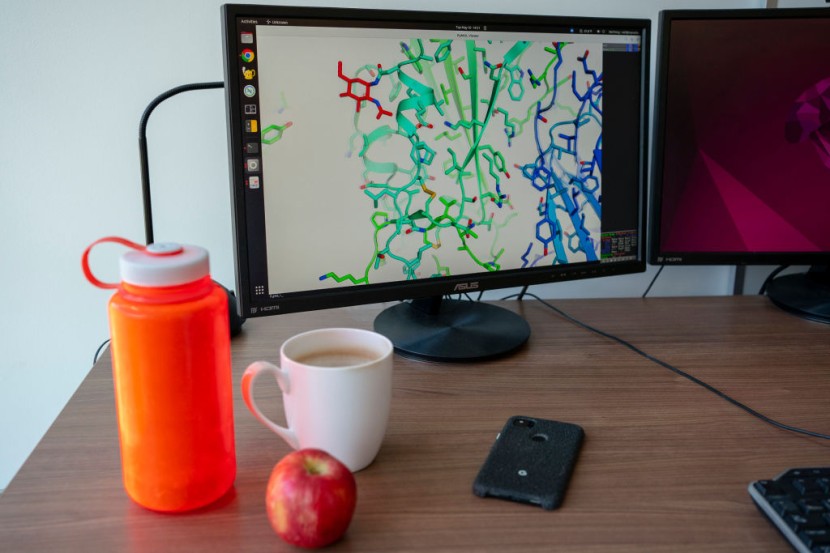
Researchers discovered an existing drug that is capable of disrupting the coronavirus' replication capabilities by interfering with the development of the virus' hallmark spike proteins, which are crucial in penetrating the host cell and initiating an infection.
Eric Pringle and Brett Duguay, in 2020, found themselves spending most of their time inside their microbiology lab testing potential antivirals for common cold coronaviruses and were seeing results that were promising.
Preventing the Replication of the Coronavirus
The two post-doctoral researchers worked with Dr. Craig McCormick and were studying an approved drug already being used to treat other diseases, such as cancer and irritable bowel syndrome. The medical experts' laboratory just recently completed a separate study that showed the drug, known as 6-Thioguanine or simply 6-TG, was surprisingly effective at inhibiting flu virus replication in the lab.
While Pringle and Duguay were wrapping up their work, the World Health Organization declared the coronavirus pandemic. The health crisis ushered in widespread lockdowns that closed laboratories and placed some research on hold at institutions worldwide, as per Medical Xpress.
There were exceptions, being those for some researchers who were studying the highly transmissible and potentially lethal SARS-CoV-2 and other coronaviruses. Duguay said that it was then that they decided to test the antiviral for flu on coronaviruses. He added that they were able to get common cold coronaviruses and tested 6-TG right away, seeing immediate results.
The two researchers, along with their colleagues in the McCormick Lab, got permission to go back into their laboratory in March 2020. They then began looking at how the drug would work on strains of common cold coronaviruses, such as OC43 and 229E.
According to Dalhousie University, the pair of scientists, similar to others worldwide, was trying to understand if repurposing existing drugs could be a safe and effective treatment for COVID-19. They wanted to learn more about how coronaviruses interact with human host cells and where the dependencies lie, which could help them in identifying where the viruses' weaknesses could be.
Treatment Against COVID-19
Duguay and Pringle ultimately discovered a new effect, or mechanism of action, that 6-TG had against the virus. During cell-culture experiments, the researchers found that the drug can inhibit the replication of human coronaviruses, including COVID-19.
Dr. McCormick, who is a virologist and professor in Dal's Department of Microbiology and Immunology, said that one of the major outcomes of treating with 6-TG is that it inhibits the ability of the virus to make a lot of spike proteins and incorporate them into new progeny or baby viruses.
Pringle also explained that the protein spikes are glycosylated, which means that they are covered in sugars. These help the viruses avoid the human immune system by shielding themselves from antibodies by hiding in plain sight. The study comes as other researchers led by Amy S. Lee, a professor of biochemistry and molecular medicine at the Keck School of Medicine of USC, found that a chaperone protein known as GRP78 plays a crucial role in the spread of SARS-CoV-2.
They also found that blocking the production of GRP78 or inhibiting its activity with a new targeted drug was able to significantly reduce the replication of the COVID-19 virus, Medical & Life Sciences News reported.
© 2026 HNGN, All rights reserved. Do not reproduce without permission.








